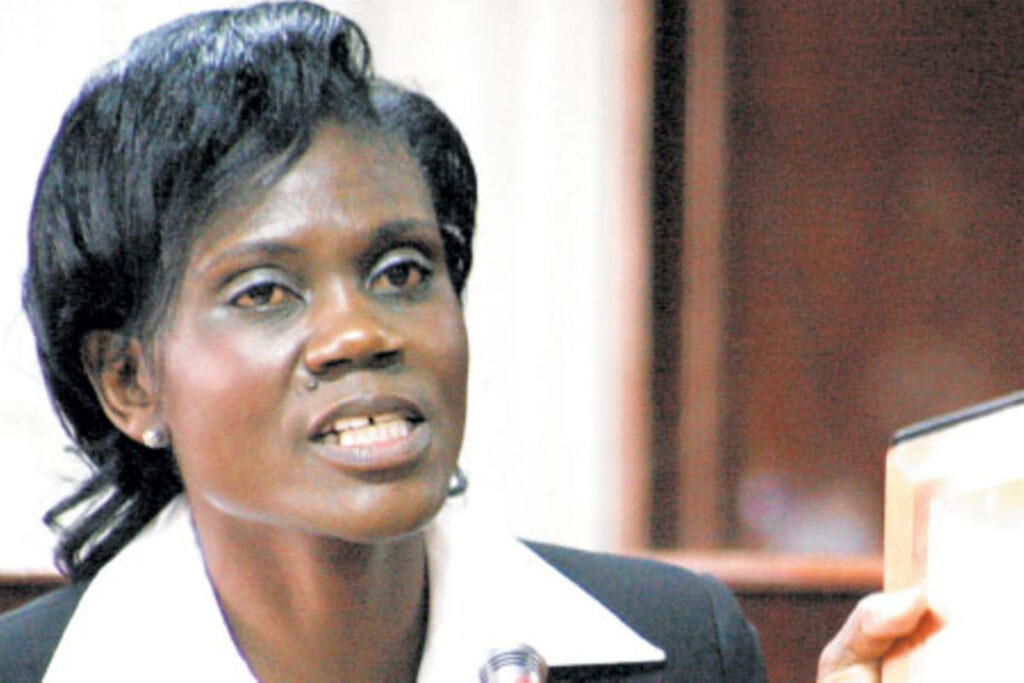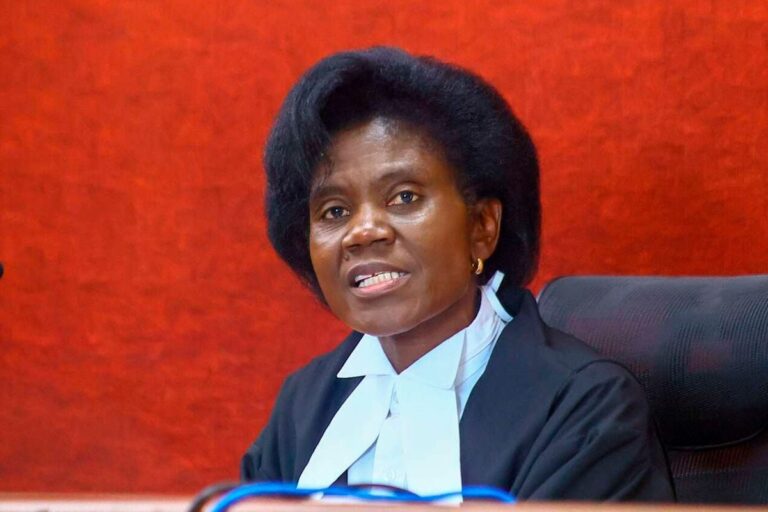- High Court Judge Grace Nzioka has provided an explanation for her decision to impose the severely harsh punishment on Jowie Irungu
- She emphasized that the death penalty is still a legally available option for serious crimes
- In justifying her decision, Justice Nzioka considered human rights issues outlined in Article 26 of the constitution, which prohibits the deprivation of a person’s life
High Court Judge Justice Grace Nzioka has come out to explain her rationale moments before sentencing Joseph ‘Jowie’ Irungu to death for the murder of Monica Kimani.

In her detailed explanation, Justice Nzioka unpacked the available sentencing options in Kenya, emphasizing the legal nuances and human rights considerations involved in such a significant decision.
Nzioka said that there were a variety including life imprisonment, fixed jail terms, and the death penalty, while referencing court precedents to provide context.
Follow our Facebook page for more updates:
She pointed out that recent decisions have clarified life imprisonment to equate to 30 years, taking into account remission, thus necessitating a thoughtful consideration of each option’s implications.
Concerns About Human Rights
Addressing concerns about human rights, Justice Nzioka emphasized Article 26 of the constitution, which prohibits the arbitrary deprivation of a person’s life.
Follow our Facebook page for more updates:
She reiterated the importance of protecting this fundamental right, as outlined in both domestic and international legal frameworks.
“We are all aware of the jurisprudence on life imprisonment where one of the courts has said it is unconstitutional and the latest decision which I have quoted in this matter says life imprisonment is 30 years…,”
Justice Grace Nzioka
Quoting from international instruments such as the International Convention on Civil and Political Rights and the Africa Charter on Human and People’s Rights, Justice Nzioka underscored the universal recognition of the right to life and the need for its protection by law.
Also Read:
1: Mammito Keeps Viral Jowie Video on Instagram Hours After Facing Backlash From Kenyans: “Insensitive”
2: Jowie Irungu, Five Other Death Sentence Cases That Captivated The Nation
She explained that these rights extend to both victims and offenders, emphasizing the inherent dignity and worth of every individual.
“The International Convention of the Civil and Political Rights which has been ratified and which then, of course, becomes part of our law under Article 2 (5) (6) says this and it is important that I read out because you need to know that- that every human being has the right to life and I stop there and I tell myself as a court every human being has a right to life, that every human being includes the victim and the offender,”
International Law Exemptions
Despite acknowledging the gravity of the death penalty, Justice Nzioka pointed to exceptions recognized in international law for the most serious crimes.
Follow our Facebook page for more updates:
Drawing from legal precedents and established principles, she affirmed that under certain circumstances, such as extremely grave offenses, the imposition of a death sentence is permissible.
Throughout her explanation, Justice Nzioka demonstrated a careful consideration of the legal complexities and human rights implications involved in sentencing.
“So, the question that one would then ask is about life imprisonment, and of course it is acceptable, it does not mean the life which that person would physically live or be alive. If it is 30 years with remission, he serves 20 years and his life moves on. These are issues the court had to think of.”
Justice Grace Nzioka.

